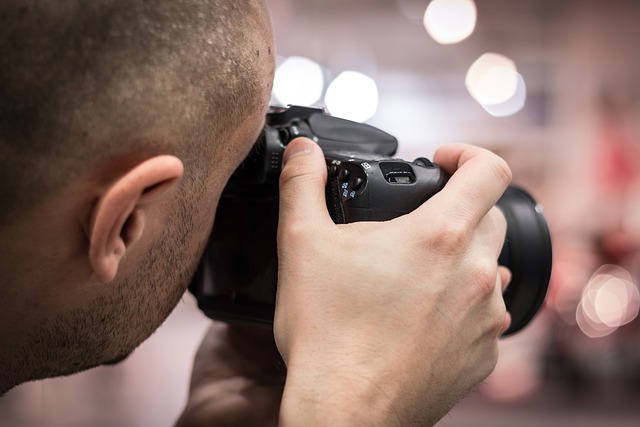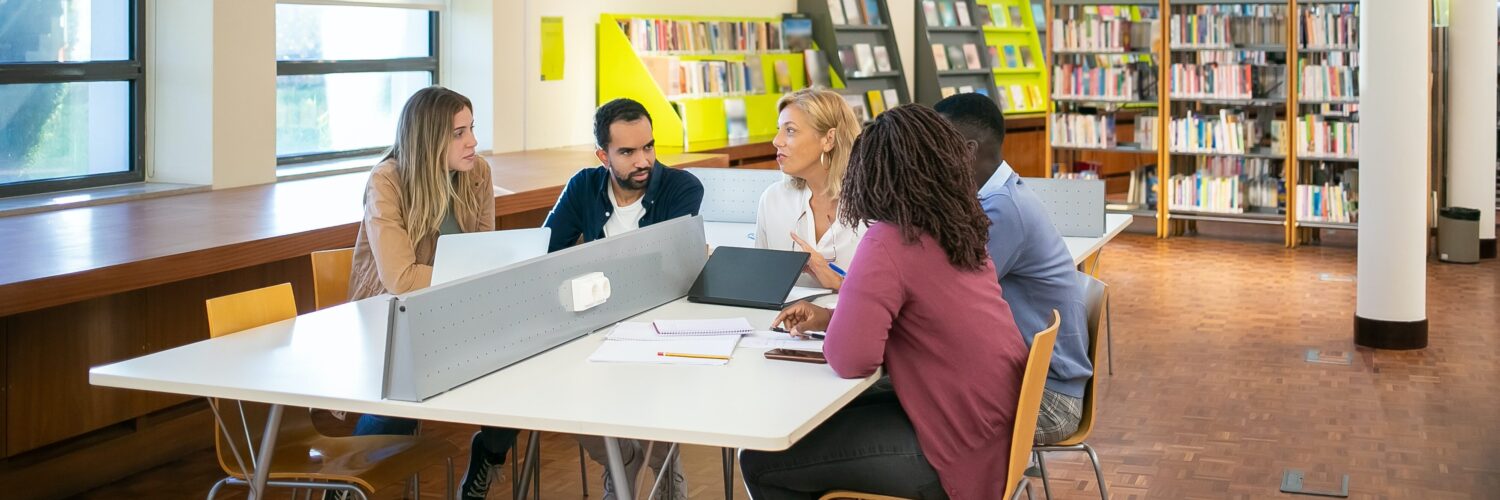Comprehensive Guide on How to Become a Forensic Photographer
This article provides a comprehensive guide on how to become a forensic photographer, a vital role in criminal investigations. It covers the definition and significance of forensic photography, the essential skills and educational requirements needed, as well as training and certification options. The article also outlines the job responsibilities of forensic photographers, career prospects, and frequently asked questions about the profession. Overall, it offers valuable insights for individuals aspiring to pursue a career in forensic photography, highlighting the unique blend of photography skills, technical knowledge, and forensic understanding required for success in this field.

Table of Contents:
- Introduction
- What is Forensic Photography?
- Skills Required to Become a Forensic Photographer
- Educational Requirements
- Training and Certification
- Job Responsibilities of a Forensic Photographer
- Career Outlook and Opportunities
- FAQs (Frequently Asked Questions)
- What is the role of a forensic photographer?
- What qualifications do you need to become a forensic photographer?
- How much does a forensic photographer earn?
- Is there a demand for forensic photographers?
- Can forensic photographers work independently or do they usually work for law enforcement agencies?
-
Introduction
Forensic photography is a specialized field within forensic science that involves the documentation of evidence through photography. It plays a crucial role in criminal investigations by capturing accurate and detailed images of crime scenes, physical evidence, and injuries. Becoming a forensic photographer requires a unique blend of photography skills, technical knowledge, and an understanding of forensic procedures.
2. What is Forensic Photography?
Forensic photography involves capturing images of crime scenes, evidence, and related materials for documentation, analysis, and presentation in legal proceedings. These photographs serve as vital tools for investigators, prosecutors, and forensic experts to reconstruct events, establish timelines, and corroborate testimonies.
3. Skills Required to Become a Forensic Photographer
Becoming a successful forensic photographer requires a diverse set of skills, including:
- Proficiency in photography techniques, including lighting, composition, and equipment operation.
- Attention to detail to accurately capture and document evidence.
- Understanding of forensic principles and procedures to ensure adherence to legal standards.
- Ability to work under pressure and in challenging environments, such as crime scenes or autopsy rooms.
- Strong communication skills to collaborate with law enforcement agencies, forensic experts, and legal professionals.
- Technical skills for digital image processing and enhancement.
4. Educational Requirements
While specific educational requirements may vary, most forensic photographers have a background in photography, forensic science, or a related field. A bachelor’s degree in forensic science, criminal justice, photography, or a relevant discipline is often preferred by employers.
Additionally, specialized training in forensic photography, either through workshops, seminars, or certification programs, can provide valuable knowledge and practical skills essential for this profession.
5. Training and Certification
Many forensic photographers pursue additional training and certification to enhance their skills and credibility in the field. Several organizations offer certification programs specifically tailored to forensic photography, such as the International Association for Identification (IAI) and the Forensic Photographers Certification Board (FPCB).
These certification programs typically include coursework covering topics such as crime scene documentation, evidence photography techniques, and courtroom presentation skills. Achieving certification demonstrates proficiency and commitment to the highest standards of forensic photography practice.
6. Job Responsibilities of a Forensic Photographer
Forensic photographers play a crucial role in the investigative process by:
- Documenting crime scenes, including overall views and close-up shots of evidence.
- Capturing images of physical injuries, wounds, and other forensic evidence.
- Maintaining a chain of custody for all photographic evidence to ensure admissibility in court.
- Assisting forensic experts in evidence analysis and interpretation.
- Providing expert testimony in legal proceedings to explain photographic evidence.
7. Career Outlook and Opportunities
The demand for forensic photographers is expected to grow as advancements in forensic technology and an increasing reliance on digital evidence continue to shape the criminal justice landscape. Forensic photographers can find employment opportunities in various settings, including law enforcement agencies, government agencies, forensic laboratories, and private consulting firms.
With experience and specialization, forensic photographers may advance to supervisory roles, forensic examiner positions, or forensic consultant roles within their respective fields.
8. FAQs (Frequently Asked Questions)
Q: What is the role of a forensic photographer?
A: Forensic photographers document crime scenes and evidence through photography, providing crucial visual documentation for investigations and legal proceedings.
Q: What qualifications do you need to become a forensic photographer?
A: While specific requirements may vary, a bachelor’s degree in forensic science, criminal justice, or photography is often preferred. Additionally, specialized training and certification in forensic photography can enhance job prospects.
Q: How much does a forensic photographer earn?
A: The salary of a forensic photographer can vary depending on factors such as experience, location, and employer. According to the U.S. Bureau of Labor Statistics, the median annual wage for forensic science technicians, which may include forensic photographers, was $60,590 in May 2020.
Q: Is there a demand for forensic photographers?
A: Yes, there is a growing demand for forensic photographers due to increased reliance on visual evidence in criminal investigations and legal proceedings.
Q: Can forensic photographers work independently or do they usually work for law enforcement agencies?
A: Forensic photographers can work independently as consultants or contractors, but many also work for law enforcement agencies, government agencies, forensic laboratories, or private firms specializing in forensic services.
Summary:
Becoming a forensic photographer requires a combination of education, training, and practical experience. By acquiring the necessary skills and qualifications, aspiring forensic photographers can embark on a rewarding career dedicated to serving justice through the power of photography.

